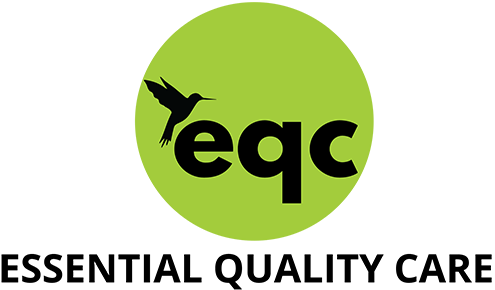Welcome to our ABA Behavior Services FAQ! This page provides easy-to-understand answers about what ABA is, how it works, and how our team helps improve lives through this therapy.
Applied Behavior Analysis (ABA) is a scientific method of observing behavior, teaching new social skills and decreasing any problem behavior (tantrums, hitting, screaming, etc.) in individuals with Autism Spectrum Disorder and other related developmental disorders. An autism diagnosis is not a prerequisite to benefit from ABA, however most insurance companies require a formal diagnosis of autism or a related disorder.
A scientific study showed that after ABA therapy, 90% of children substantially improved and 47% of them were able to function as well as other students in traditional classroom settings. There are more than 550 studies published in scientific journals on the success of ABA therapy for individuals with autism and other developmental disorders.
ABA is endorsed by the U.S. Surgeon General, Autism Society of America, National Institute of Mental Health, American Psychological Association and many other organizations and agencies.
No! ABA Therapy is typically sought for early interventions with young children, but older children and adults can also benefit from ABA. Besides autism and other related developmental disorders, ABA can be used to target anxiety, anger issues, dementia and substance abuse.
ABA as practiced by EQC Behavior Services is person-centered and focuses on using an individual’s intrinsic motivation to target skill acquisition. We believe that all behavior is an attempt to communicate, so we work on replacing maladaptive or detrimental behaviors by teaching functionally equivalent behaviors. We are extremely mindful of the trust that is placed in us by our clients and their families and we ensure that all our practices are in no way abusive. ABA historically has been used to justify abusive practices, like conversion therapy and electric shock therapies; and just like other professions, have had some practitioners that employ strategies that can be described as abusive. EQC Behavior Services recognizes the harm that traditional ABA has caused some individuals and disavows any practices that are abusive. We also distance ourselves from organizations that continue to promote abusive practices. We strive everyday to ensure that we stay client-focused and compassionate, and avoid abusive practices or the use of punishment procedures in implementing our programs. Our staff is highly trained and capable, and are under the strict supervision of BCBAs. We are LGBTQIA friendly and an inclusive organization. We are also mandated reporters.
ABA therapy typically ranges between 12-40 hours per week for 1-3 years depending on severity of the behaviors and on the client’s goals. ABA goals are translated into programs designed by Board Certified Behavior Analysts (BCBAs) and implemented by Licensed Behavior Technicians (BTs). Both are governed and licensed by the Behavior Analyst Certification Board (BACB) and the State of Oregon. Main steps to treatment involve an Initial Assessment where skills and abilities are assessed and measured, Goal Setting in which specific and attainable objectives are defined in a treatment plan to address desired skills or to reduce maladaptive behaviors, Program Development which involves creating customized programming to teach targeted skills in multiple environments, Implementation where the programs are implemented by BTs under the supervision of the BCBA and Evaluation in which data recorded during implementation are evaluated to determine if progress is being achieved.
A BCBA ( Board-Certified Behavior Analyst) oversees the treatment program. They conduct assessments and use the results to create a custom treatment plan. They also assess results from sessions and modify treatment plans to meet client goals. BCBAs study behavioral psychology and have a master’s degree in Applied Behavior Analysis. They also have spent 1500 hours as a therapist under qualified supervision.
A BT works directly with the client under the supervision of a BCBA to implement programs developed by the BCBA. They teach the client and collect critical data during sessions and develop a quality relationship with the client and the family.
